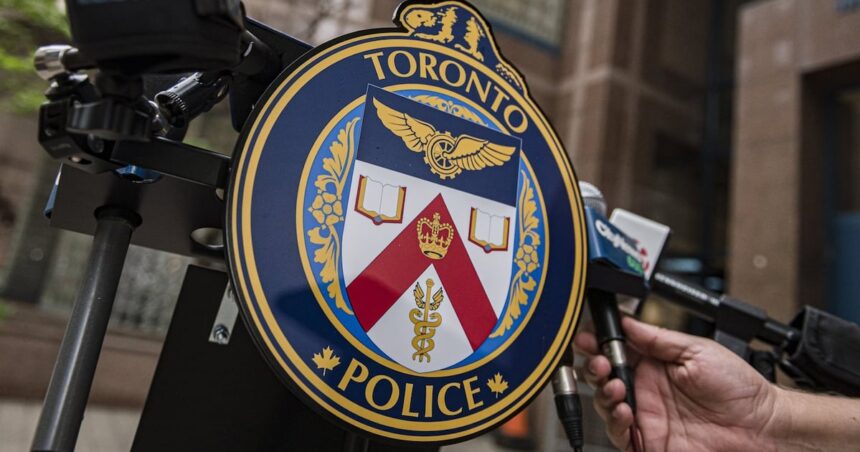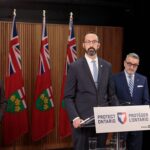In the wake of several high-profile incidents, the Toronto Police Service is finally getting clear guidelines on when and how to apologize to the public. After years of community pressure, the police board is set to approve a formal apology framework this Thursday, marking a significant shift in how our city’s law enforcement acknowledges mistakes and builds trust.
The proposed policy, which I reviewed yesterday, establishes specific criteria for when apologies should be issued and who should deliver them. This comes after numerous community advocates have long argued that meaningful apologies are essential for rebuilding relationships between police and marginalized communities.
“This isn’t just about saying sorry,” explains Akwasi Owusu-Bempah, associate professor at the University of Toronto who specializes in policing. “It’s about accountability and showing that the institution recognizes harm was done. That recognition is often the first step toward healing.”
The framework addresses a fundamental challenge: police leadership has historically been reluctant to issue formal apologies, fearing legal liability. However, Ontario’s Apology Act, passed in 2009, protects apologies from being used as evidence of fault in civil proceedings – a protection that hasn’t been fully utilized by law enforcement.
During my conversation with Audrey Campbell, former co-chair of the Toronto Police Service’s Black Community Consultative Committee, she emphasized that “apologies must be genuine and backed by action. Communities can tell when an apology is just performative versus when it represents real commitment to change.”
The timing seems particularly relevant following several controversial incidents, including the 2020 strip search of Knia Singh, a prominent Black lawyer who was detained during a routine traffic stop. The case resulted in disciplinary charges against officers involved.
What makes this framework unique is its attention to detail. It outlines that apologies should specifically acknowledge the harm caused, accept responsibility, express remorse, and commit to concrete measures preventing similar incidents. The policy also designates who should deliver apologies based on the severity and nature of the incident – ranging from the Chief of Police to division commanders.
Deputy Mayor Michael Thompson told me yesterday that “building trust requires transparency and accountability. When police acknowledge mistakes openly, it demonstrates respect for the community they serve.”
The policy isn’t without critics. Some police association representatives have privately expressed concerns about potential impacts on officer morale, while certain community activists question whether formalized apologies will lead to meaningful cultural change within the force.
Toronto would join other major cities like Chicago and New York that have established formal apology protocols for their police departments. Studies from the John Jay College of Criminal Justice suggest that transparent acknowledgment of mistakes correlates with improved community relations and increased public cooperation with police.
Looking ahead, the real test will be implementation. Will apologies be issued promptly? Will they feel authentic to affected communities? Most importantly, will they be accompanied by concrete reforms that address systemic issues?
As Torontonians, we deserve a police service that can acknowledge when it falls short and demonstrate commitment to doing better. This policy represents a promising step toward that goal – but as with any policy, its value will ultimately be measured by its impact on the streets of our diverse city.
The Toronto Police Services Board meets Thursday at 9 a.m. to vote on the framework, with public delegations expected to weigh in on this significant policy shift.







